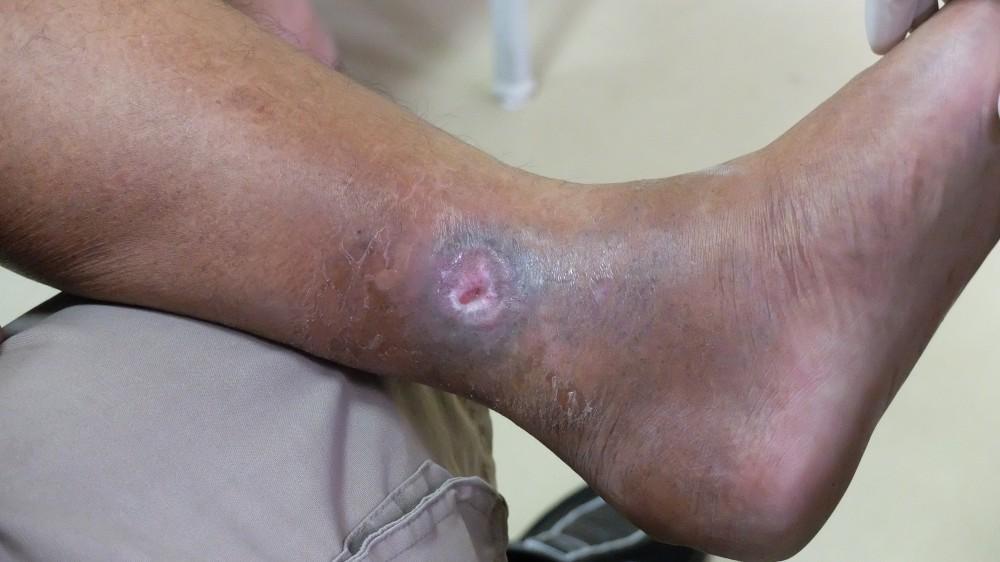
Can a Stress Fracture Cause Heel Pain?

Pain in your heel can come from a variety of factors, but the end result is discomfort and loss of mobility for you. If heel pain is keeping you from getting active or getting out, talk to Dr. Steve Sharlin and the podiatry experts at The Foot Care Group.
With locations in Hinsdale, Libertyville, and the Streeterville community of Chicago, Illinois, The Foot Care Group team can identify the cause of your heel pain and put you back on your feet in comfort.
If you’re concerned that an injury like a stress fracture could be causing your heel pain, come in for an evaluation, and you’ll get a treatment plan you can depend on.
Understanding fractures of your heel bone
The rear part of your foot is dominated by your heel bone, also known as your calcaneus. This bone connects with the other bones of your feet, providing stability and flexibility needed for full foot function.
Your heel bone is formed of a hard, thin shell covering softer and more sponge-like interior bone. As a result, even small fractures to this bone should be thought of as severe injuries.
If your heel bone fractures due to an injury or repetitive use stress, you could experience long-term complications including heel bone collapse or fragmentation, arthritis, and chronic pain.
You’re most likely to fracture your heel bone as a result of a traumatic injury like a fall or car crash. But, stress fractures due to overuse and repetitive motion can also damage your heel bone, resulting in heel pain.
Stress fractures of your heel bone present with generalized heel pain that worsens over the course of several days or weeks. You may also see swelling around your heel area if you have a calcaneal stress fracture.
Addressing your heel fracture
Dr. Sharlin can diagnose the cause of your heel pain. If you do have a calcaneal stress fracture, he can help your foot heal properly, preventing future damage and foot issues. Dr. Sharlin uses a thorough physical examination, as well as imaging like X-rays, to diagnose your potential heel bone fracture.
Depending on the nature of your injury, you may need treatments and therapies including:
- Nonsurgical treatments like rest, ice, compression, and elevation (RICE) to reduce swelling and give your fracture a chance to heal
- A cast or cast boot to immobilize the fractured bone, or crutches to help you get around without putting weight on the affected foot
- Surgical treatment to reconstruct damaged joints in your feet affected by a severe traumatic heel bone fracture
- Physical therapy to restore your foot strength and function after healing
Dr. Sharlin uses state-of-the-art equipment and podiatry techniques to address the source of your heel pain problems. His extensive training and education means that Dr. Sharlin can support you every step of the way, from diagnosis to treatment and lasting relief.
Schedule your consultation appointment with Dr. Sharlin over the phone today, or book with The Foot Care Group’s easy-to-use online tool.
You Might Also Enjoy...


Can Hammertoes Be Corrected with Orthotics?

Can Cryotherapy Get Rid of My Plantar Warts?

I'm Embarrassed About My Toenail Fungus: What Can Help?

5 Bothersome Complications of Untreated Hammertoe

